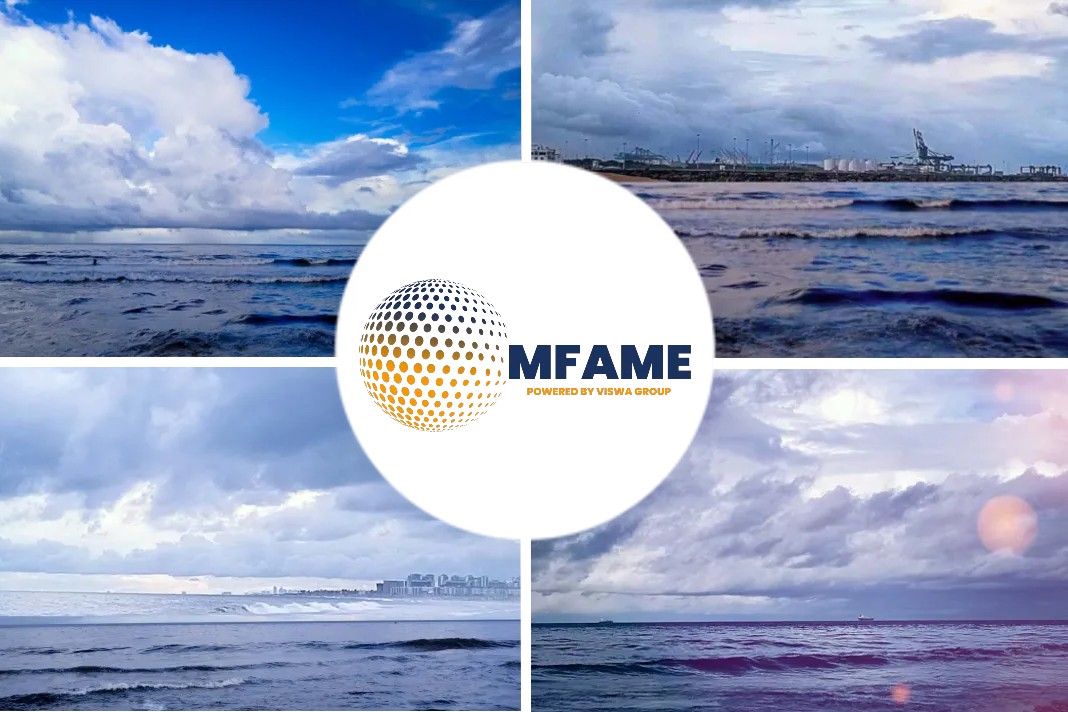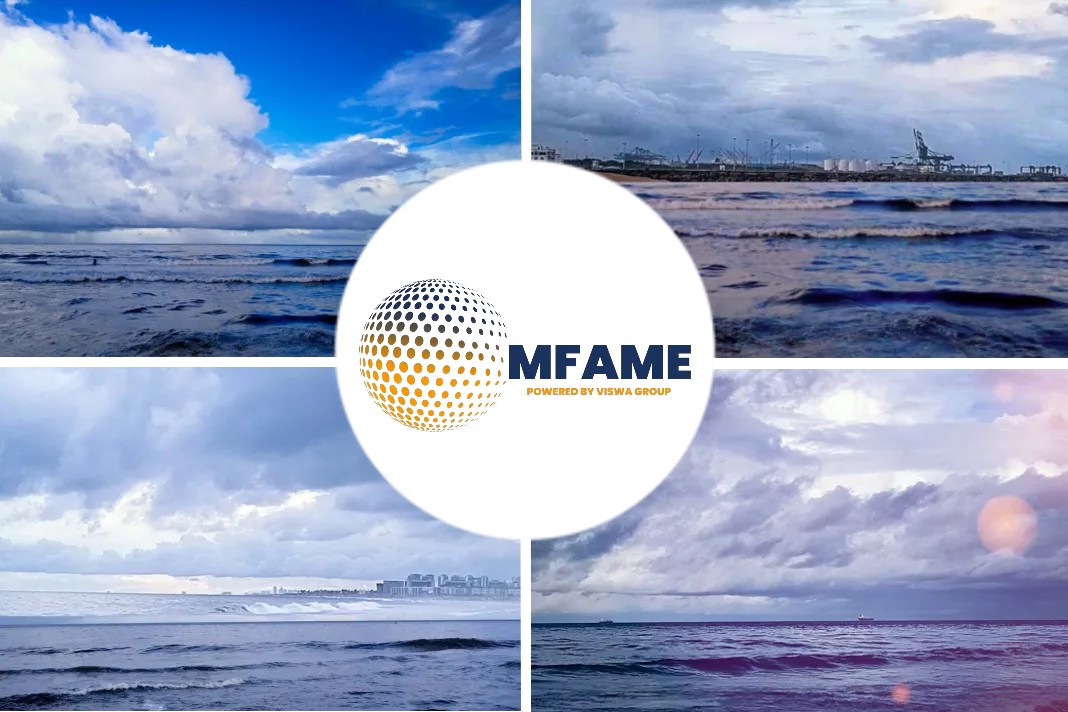- Corporate exposure to modern slavery, particularly in retail and apparel, has seen a significant increase in the past four years.
- It is expected to rise again following the Covid-19 pandemic.
- The problem is particularly acute in Asia, according to new research from risk data company Verisk Maplecroft, in its 2020 Human Rights Outlook.
- People in major exporting countries such as Bangladesh, China, India, Cambodia and Vietnam are at the risk of slavery, trafficking and forced labour in supply chains.
- Covid-19 has seen millions of workers in Asia lose their jobs and move into the ‘informal’ economy.
Warning to firms as Covid puts more and more workers at risk of modern slavery, writes Alex Lennane for the Loadstar.
A caution to manufacturing hub
Verisk Maplecroft warned: “As the world’s manufacturing hub, Asia’s heightened modern slavery risks will present an increasingly complex picture for corporates, especially when it comes to meeting mandatory modern slavery or other ESG-related reporting requirements.”
Millions of people without jobs
- Covid-19 has seen millions of workers in Asia lose their jobs and move into the “informal” economy.
- According to the UN’s International Labour Organisation, the pandemic has economically affected nearly 1.6bn informal workers, who are increasingly exposed to forced labour.
While workers in poorer countries, such as Yemen and Syria, face higher risks.
There is less manufacturing and fewer companies buying or moving retail products from high-risk producing countries, they are more exposed to slavery in supply chains.
India and Bangladesh
Meanwhile, India and Bangladesh have moved into the ‘extreme risk’ category for the first time.
“Travel restrictions and other measures to reduce the spread of Covid-19 have left the ability of companies to carry out audits to ensure ethical working practices in their supply chains in disarray,” said Sofia Nazalya, human rights analyst at Verisk Maplecroft.
The reputational risk to brands from association with modern slavery is, therefore, higher than at any other time over recent years.
Poor labour practices
Forwarders can find themselves at risk from poor labour practices in countries with significant numbers of migrant workers.
“We consider ourselves a leader in fair labour and human rights, through training. There are lots of opportunities to improve labour practices in emerging markets, and it is of high importance to us. Child labour isn’t such an issue for us, but migrant labour is,” explained Frank Clary, vice president sustainability for Agility, talking to The Loadstar last month. Training is key, he added.
Forwarders can also offer advice to customers, he added. “Our customers tend to look at manufacturing, mining and minerals sourcing and production. There has also been a focus on consumer electronics in factories.”
The good customers look at that and manage their risks – there’s not enough being done, but we are doing what we can.
Verisk Maplecroft added: “Even as countries emerge out of lockdown and make the slow transition to fully reopening their economies, the heightened risks of modern slavery will linger. With continued uncertainty, corporate exposure to modern slavery risks will undoubtedly expand, particularly within procurement in countries that were previously already grappling with this issue.”
Did you subscribe to our daily newsletter?
It’s Free! Click here to Subscribe!
Source: The LoadStar

















